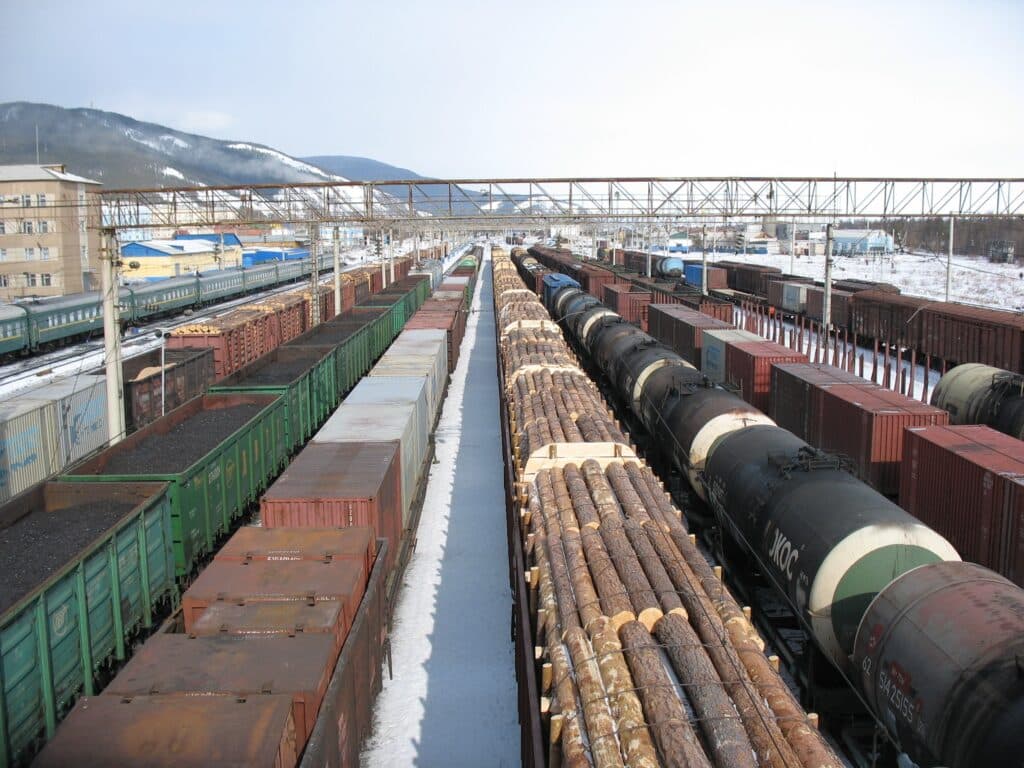China’s ports are flowing with Russian birch, according to the Putin-owned Roslesinforg, which reported that traders shipped more than 587,000 cubic metres of logs to China for the first three months alone.
While the total volume of log trade has dropped fourfold since Russia enforced restrictions on oak, beech, and ash in January 2022 (from a peak of 2.9 million cubic metres in the first quarter of 2021), trade-in of birch, aspen, and poplar fuel a growing Sino-Russian trade.
The trade, which now represents more than 85.5% of Russia’s total exports, comes after Wood Central last month revealed that China now gets 63% of its total lumber from Russia – at the expense of European timber producers, including Finland, Sweden and Germany.
In addition to China (up 14%), Russian exports to Belarus – which is also subject to sanctions following Putin’s decision to invade Ukraine – also sharply, more than doubling (to 44,000 cubic metres), whilst “friendly allies” Iran, Georgia, Tajikistan, Kazakhstan, Uzbekistan and Kyrgyzstan are among the “gang of eight” still accepting Russian log exports.

The uptake in log supply comes as Russia is facing a growing gap between timber production and log supply—with Wood Central reporting that commercial logging in Russian forests dived by 26% in 2023. Russia’s problems are a critical shortage of raw materials and China’s hunger for sawlog amid a global decline in log supply.
In addition to log supply, Roslesinforg and the Korea Customs Service report that South Korea—one of the few Western countries without strong sanctions on Russia—remains a crucial market for Russia’s forest products industry, especially for biofuels and wood pallets.
According to the conservation title Mongabay, when the EU exited the Russian market for woody biomass imports, “roughly at the same time, South Korea drastically upped its Russian woody biomass imports, becoming the sole official importer of Russian wood pellets for industrial energy use.”
For April, South Korean imports of Russian wood pallets jumped 27%, with more than 200,000 cubic tonnes traded from Moscow to Soel from January to April alone.
- Are you concerned that Russian and Belarussian timber bypass Western sanctions and infiltrate global supply chains? Find out how global scientists use state-of-the-art technology to eliminate conflict timber and transform cross-border endorsement of timber.






